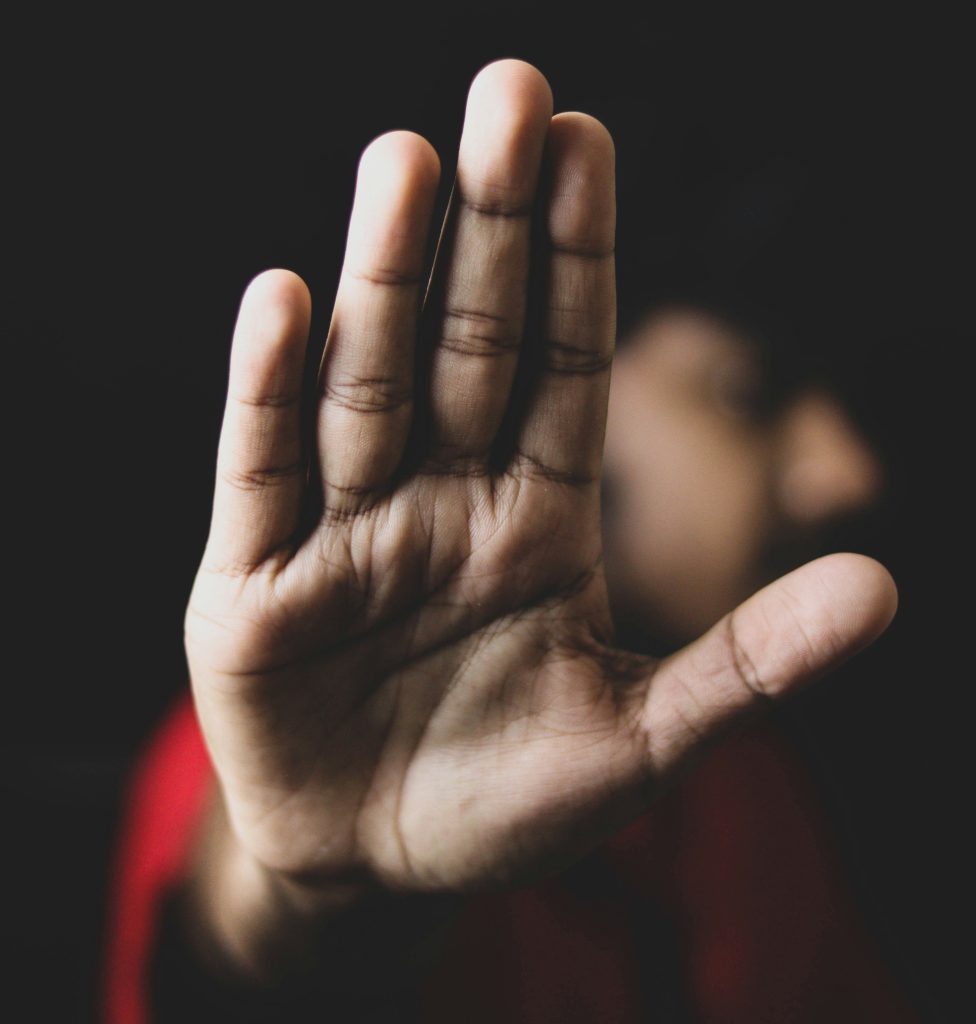By JoAnne Wadsworth, Communications Consultant, G20 Interfaith Forum
— —
On October 15, 2024, the G20 Interfaith Forum, in collaboration with the Berkley Center for Religion, Peace & World Affairs at Georgetown University, hosted its fourth webinar in a series of five leading up to the G20 Summit in Rio de Janeiro. This session, titled “To End the Scourge of Human Trafficking,” brought together experts from various fields to discuss the critical issue of human trafficking and the role of faith communities in combating this global challenge.
The webinar was moderated by Katherine Marshall, Vice President of the G20 Interfaith Forum Association. Speakers included Tatiana Kotlyarenko, an expert on anti-trafficking issues and former advisor to the Organization for Security and Co-operation in Europe; Yasmin Waljee, a partner at a major law firm with extensive experience in human trafficking cases; Márcio Toniazzo, representing the Scalabrini International Migration Network; Rabbi David Saperstein, a longtime advocate for human rights and former U.S. Ambassador-at-Large for International Religious Freedom; and Kevin Hyland, former UK Anti-Slavery Commissioner and a key figure in the G20 Interfaith Forum’s work on human trafficking.
Opening Remarks: Katherine Marshall
Katherine Marshall, Vice President of the G20 Interfaith Forum Association, opened the webinar by highlighting the importance of addressing human trafficking as a priority issue for the G20. She emphasized the significant involvement of various religious communities in working to end this global scourge. Marshall provided context for the G20’s role in addressing global crises and explained how the G20 Interfaith Forum aims to bring religious perspectives and experiences into the G20 process.
Marshall also outlined the structure of the G20, noting its evolution from focusing on economic crises to addressing broader global challenges. She highlighted the forum’s goal of making religious institutions’ contributions more visible and positively impactful in global policy discussions.
“Religious institutions are too often invisible or seen negatively. The G20 Interfaith Forum aims to bring the best of religious commitment, work, ideas, and experience into the G20 process.”
Tatiana Kotlyarenko: The Global Scope of Human Trafficking
Tatiana Kotlyarenko provided an overview of human trafficking as a complex, international crime that affects households, communities, and countries globally. She emphasized its interconnections with issues such as climate change, conflict-related sexual violence, and terrorist activities. Kotlyarenko stressed the need for a coordinated response involving governments, criminal justice systems, and civil society.

Kotlyarenko also highlighted the role of faith-based organizations in identifying and providing services to trafficking victims. She emphasized the importance of addressing human trafficking as a crime rather than merely a social issue, noting the current low rates of victim identification and case prosecution.
“Human trafficking is not a social issue. It’s not the same thing as homelessness or drug use. It is a crime and it needs a real response that is coordinated between governments, criminal justice players, and civil society.”
Yasmin Waljee: Legal Perspectives and Victim Support
Yasmin Waljee shared insights from her experience as a partner at a major law firm working on human trafficking cases. She emphasized the importance of giving victims a voice in the criminal justice process and ensuring reparations for survivors. Waljee highlighted a specific case involving Vietnamese victims trafficked to the UK, demonstrating the complex, transnational nature of trafficking operations.
Waljee also stressed the need for greater collaboration between law enforcement agencies across nations and within countries. She advocated for systematic financial investigations to disrupt trafficking networks and provide reparations to survivors.
“To genuinely make a stop to this awful trade, it is imperative there is investment in law enforcement, not-for-profits, and the faith communities that support the survivors of this work.”
Márcio Toniazzo: Faith-Based Initiatives
Márcio Toniazzo, representing the Scalabrini International Migration Network, discussed the role of faith-based organizations in combating human trafficking. He highlighted the extensive work done by religious groups in providing care, protection, and integration programs for vulnerable populations worldwide.
Toniazzo emphasized four crucial areas for joint commitment between faith-based organizations and the G20: prevention through education and economic development, protection through safe shelters, prosecution of traffickers, and partnerships between religious organizations and international bodies.
“Religious organizations operate vocational centers in abandoned and impoverished communities. These initiatives prevent potential victims from falling into the hands of traffickers. With education and dignified employment, parents will not feel compelled to sell or send their children with strangers to cross borders out of sheer desperation.”
David Saperstein: The Role of Religious Communities
David Saperstein elaborated on the unique position of religious institutions in combating human trafficking. He highlighted the vast network of houses of worship and faith-based institutions that can play a crucial role in identifying and supporting trafficking victims. Saperstein also discussed various faith-based initiatives across different religious traditions that are actively working to combat trafficking.

Saperstein emphasized the potential for religious communities to educate their congregations about trafficking, help people recognize signs of trafficking, and provide services to victims. He stressed the added value that religious communities bring to anti-trafficking efforts.
“Religious institutions are vitally important not only in terms of all the positive services that they can provide, but simply because they represent a wide swath of the population on earth who can be affected by trafficking.”
Kevin Hyland: Future Steps and G20 Engagement
Kevin Hyland proposed the establishment of a working group through the G20 Interfaith Forum to bring together global leaders, policymakers, and experts to develop actionable policies against human trafficking. He emphasized the need for accountability from governments and businesses, and the importance of addressing online trafficking and financial aspects of the crime.
Hyland also stressed the importance of prevention strategies and the need for substantial investment in anti-trafficking efforts. He proposed a vision for significant progress by 2030, aligning with the end of the Sustainable Development Goals timeline.
“We need to create a vision that by 2030, when we hit the end of the Sustainable Development Goals, we have got this whole urgent agenda into a position where it is actually starting to win the fight.”
Q&A and Discussion
During the discussion, speakers addressed several key points:
- The importance of survivor voices in shaping anti-trafficking policies and programs.
- The need for greater education and awareness within faith communities.
- The role of forced marriage as a form of trafficking that is often overlooked.
- The potential for the G20 to address issues like remittances that impact vulnerable populations.
Key Points
- Human trafficking is a complex, global crime that requires coordinated international response.
- Faith-based organizations play a crucial role in prevention, protection, and rehabilitation efforts.
- There is a need for greater accountability and investment in anti-trafficking initiatives.
- The G20 has a significant potential to impact anti-trafficking efforts through policy and resource allocation.
- Education and awareness within communities are essential for prevention and victim identification.
Conclusion
The webinar highlighted the critical intersection of faith, policy, and action in addressing the global challenge of human trafficking. As the G20 Summit approaches, the speakers emphasized the urgent need for coordinated efforts and the unique role that religious communities can play in combating trafficking. The discussions during this webinar will inform recommendations presented to G20 leaders, potentially influencing global anti-trafficking policy and action in the coming years.
— —
JoAnne Wadsworth is a Communications Consultant for the G20 Interfaith Forum Association and Editor of the Viewpoints Blog.


